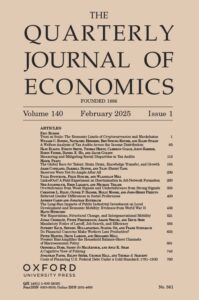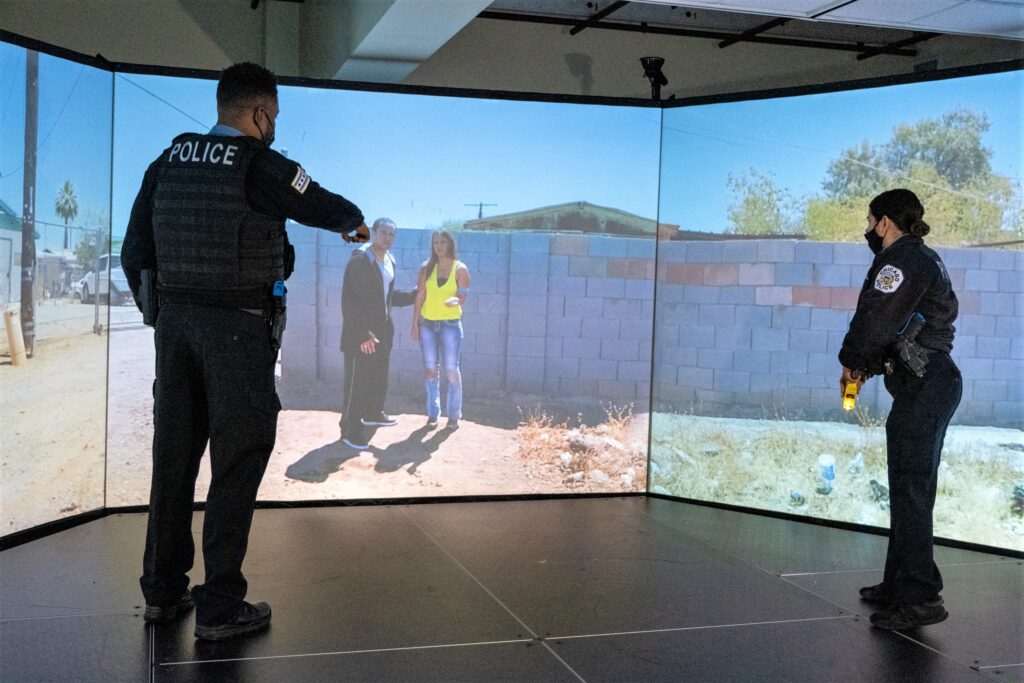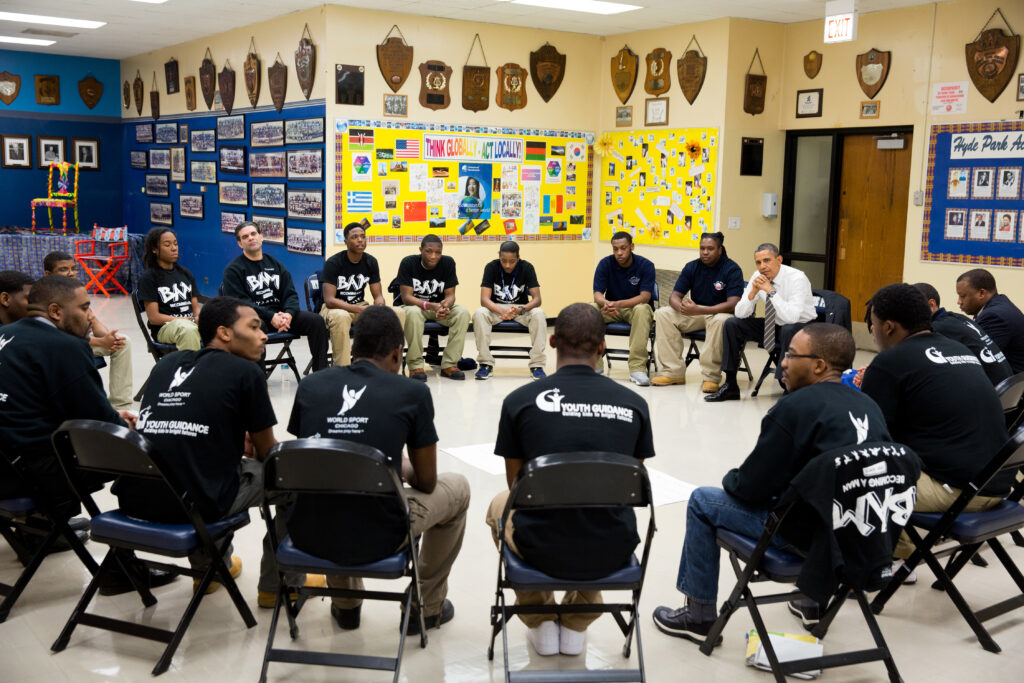Anuj Shah
Associate Professor of Behavioral Science, Princeton University

Anuj K. Shah uses psychology and behavioral science to examine social issues such as poverty, crime, and violence. He is an affiliate of the University of Chicago Crime Lab and Education Lab and is also a member of the Scientific Advisory Board at ideas42, a social science research and development laboratory which uses scientific insights to design innovative policies and products.
Shah earned his Ph.D. in psychology from Princeton University.

A Cognitive View of Policing
This paper evaluates the impact of a behaviorally informed training program designed to improve officer decision-making and reduce adverse policing outcomes in Chicago.

Webinar – Situational Decision-Making: A New Training to Improve Policing
The Crime Lab hosted a webinar on the findings of our recently released study, A Cognitive View of Policing, which evaluated a pilot of the Situational Decision-Making (Sit-D) police training program.
BFI Research Brief: A Cognitive View of Policing
Read the research brief published by the Becker Friedman Institute (BFI) for Economics at the University of Chicago.

NBER Working Paper: A Cognitive View of Policing
Read the working paper published by the National Bureau of Economic Research.
Situational Decision-Making (Sit-D)
The Crime Lab and the Chicago Police Department (CPD) partnered to create and evaluate a behavioral science-informed training that helps improve officer decision-making in ambiguous, high-stress situations.

Becoming a Man
Youth Guidance’s Becoming a Man (BAM) uses insights from behavioral science to help youth navigate high-stakes situations.

Latest Updates
How to Redesign Police Training to Reduce the Use of Force
The Chicago Booth Review’s Kasandra Brabaw highlights the Crime Lab’s study of Situational Decision-Making, a new kind of officer training that led to a dramatic drop in the use of force.

